History of Health and Healthcare in Canada

-
January 01, 1600
Epidemics, pandemics and diseases in Canada Indigenous History
Disease Devastates Indigenous Populations
Tuberculosis, smallpox, and measles spread, intentionally or inadvertently, across North America, devastating Indigenous populations.
-
June 01, 1800
Epidemics, pandemics and diseases in Canada
First Smallpox Vaccinations
The first smallpox vaccinations in Canada (and possibly in North America) were given by Dr. John Clinch of Trinity, NL. By the end of 1801, Clinch had vaccinated 700 people in the area. The disease wasn’t eradicated until 1977, but vaccination gradually checked the devastating epidemics that Canada had experienced since the 17th century.
-
November 10, 1824
Organizations
Classes Begin at Canada’s First Medical School
Canada’s first medical school, the Montreal Medical Institution, began classes for its first 25 students, under the direction of four physicians from Edinburgh. Five years later, the school became the medical faculty of McGill University.
-
January 01, 1832
Epidemics, pandemics and diseases in Canada
Cholera Epidemic Spreads
Grosse Île, near Québec, was opened as a quarantine station during the cholera epidemics and all ships stopped there for inspection. This station was a futile attempt by the government to control the disease that killed up to 10% of the population.
-
June 24, 1837

Epidemics, pandemics and diseases in Canada
Smallpox Hits Prairies
An American Fur Company boat arrived at Fort Union, setting off a smallpox epidemic across the praries, killing an estimated three-quarters of the Blackfoot, Blood, Peigan, Sarcee and Assiniboine peoples of the prairies.
-
August 10, 1841
Indigenous History People
Birth of Oronhyatekha
Medical doctor Oronhyatekha (a.k.a. Peter Martin) was born on the Six Nations Reserve, Canada West. Thought to be the first Aboriginal person accredited as a medical doctor in Canada, it has since been learned that Kahkewaquonaby holds the distinction.
-
July 27, 1857
People Women and Health
Birth of Ann Stowe-Gullen
Physician Ann Stowe-Gullen, who was the first woman to gain a medical degree in Canada, was born at Mount Pleasant, Canada W.
-
March 18, 1869

People Women and Health
Birth of Maude Abbott
Maude Abbott, who graduated from McGill but was barred from medicine because of her sex, was born at St Andrews East, Que.
-
November 30, 1872

People
Birth of John McCrae
Poet John McCrae, who wrote the famous poem "In Flanders Fields," was born at Guelph, Ont.
-
January 20, 1877
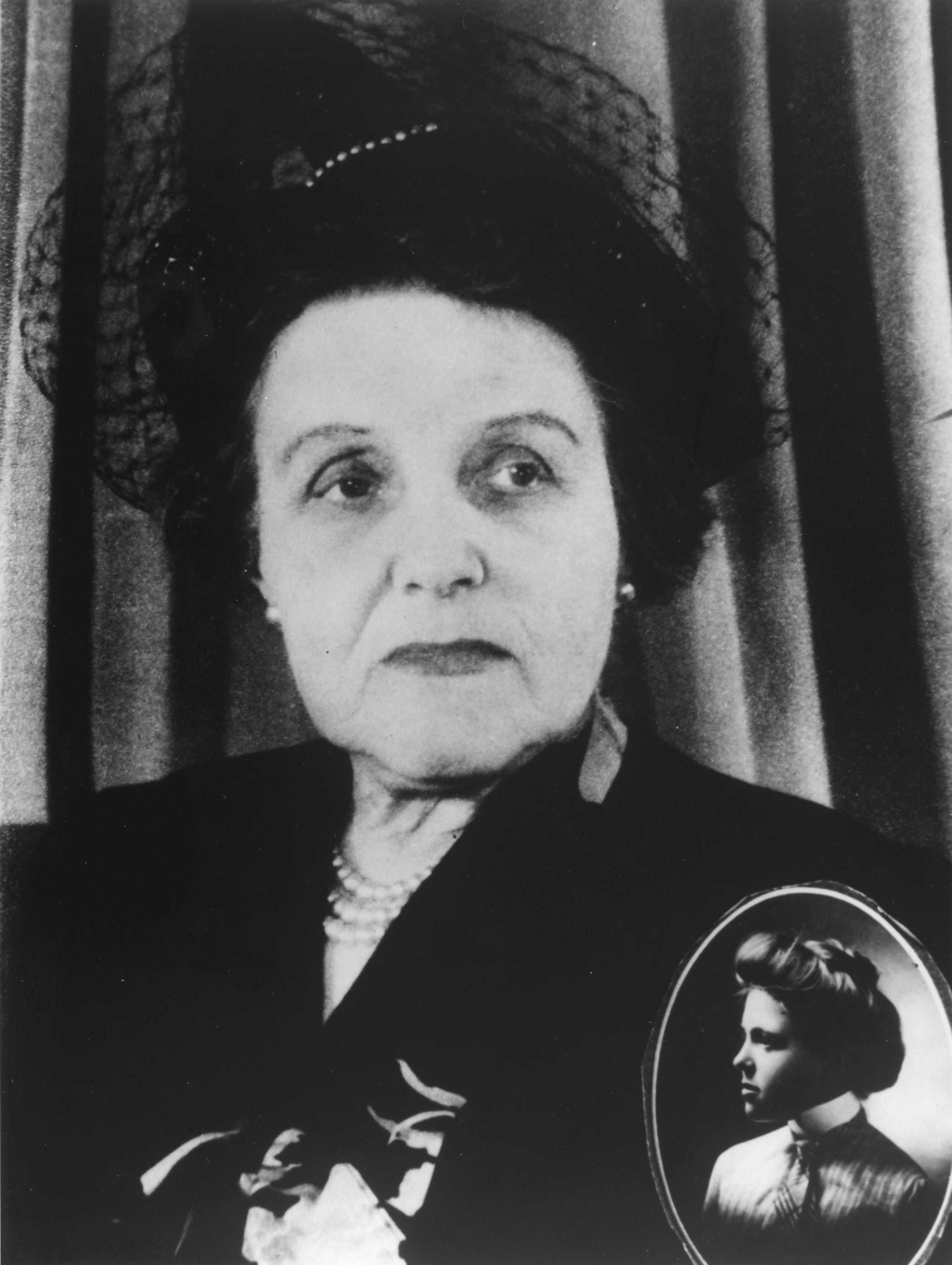
Indigenous History Women and Health
Birth of Irma Le Vasseur
Irma Le Vasseur, the first French Canadian female doctor, was born in Québec City.
-
October 18, 1881
People Women and Health
Birth of Elizabeth Bagshaw
Elizabeth Catherine Bagshaw, physician, was born near Cannington, ON. Bagshaw had a successful 60-year medical practice after graduating from University of Toronto (MB) in 1905, but is best known for her 30 years as medical director of the Hamilton Birth Control Clinic.
-
March 03, 1890

People
Birth of Norman Bethune
Surgeon and political activist Norman Bethune was born at Gravenhurst, Ont.
-
November 14, 1891

People
Birth of Frederick Banting
Sir Frederick Banting, who co-discovered insulin, was born at Alliston, Ont.
-
January 29, 1897

Organizations
Victorian Order of Nurses
The Victorian Order of Nurses was founded in Ottawa with the aid of Lady Aberdeen, wife of the governor general.
-
February 27, 1899

People
Birth of Charles Best
Physiologist Charles Best, co-discoverer of insulin, was born at West Pembroke, Maine.
-
June 07, 1900
Indigenous History People Women and Health
First Woman Doctor (Que)
Irma Levasseur became the first woman doctor, and the first woman pediatrician, in Québec. She helped found the Hôpital de l'Enfant-Jésus in Québec City and the Hôpital Sainte-Justine in Montréal. She devoted her life to helping handicapped children; she opened her own clinic for handicapped children in the faubourg of Saint-Jean-Baptiste as well as a school for the young disabled, which later became École Cardinal-Villeneuve.
-
October 20, 1904
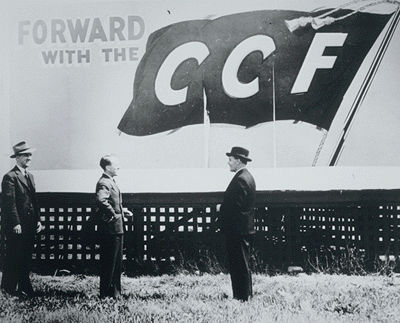
People
Birth of Tommy Douglas
Premier of Saskatchewan Tommy Douglas, who led the first socialist government elected in Canada and is recognized as the father of socialized medicine, was born at Falkirk, Scotland.
-
November 26, 1904
People
Birth of Armand Frappier
Microbiologist Armand Frappier, who was one of the first North Americans to confirm the safety and efficacy of BCG vaccine for tuberculosis, was born at Salaberry-de-Valleyfield, Que.
-
January 26, 1907

People
Birth of Hans Selye
Hans Selye, world-famous pioneer of research on biological stress was born at Vienna, Austria.
-
November 15, 1907
Indigenous History
Health at Residential Schools
After visiting 35 residential schools, Dr. Peter Henderson Bryce, chief medical officer for Canada’s Department of the Interior and Indian Affairs (1904–21), reveals that Indigenous children are dying at alarming rates – with the mortality rate of enrolled students as high as 25 per cent. This number climbs to 69 per cent after students leave school.
-
September 08, 1918
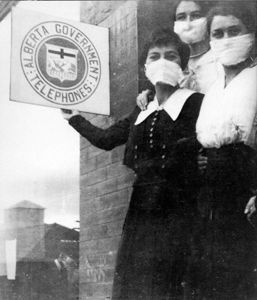
Epidemics, pandemics and diseases in Canada
Spanish Influenza Epidemic
Possibly the most devastating epidemic in human history, which may have originated in Funston, Kansas, spread through Europe and the world, killing some 30 million people, including about 50 000 Canadians. The virus arrived with servicemen on board the ship Araguaya at Halifax. The first civilian outbreak in Canada occurred on September 8, 1918.
-
May 21, 1919
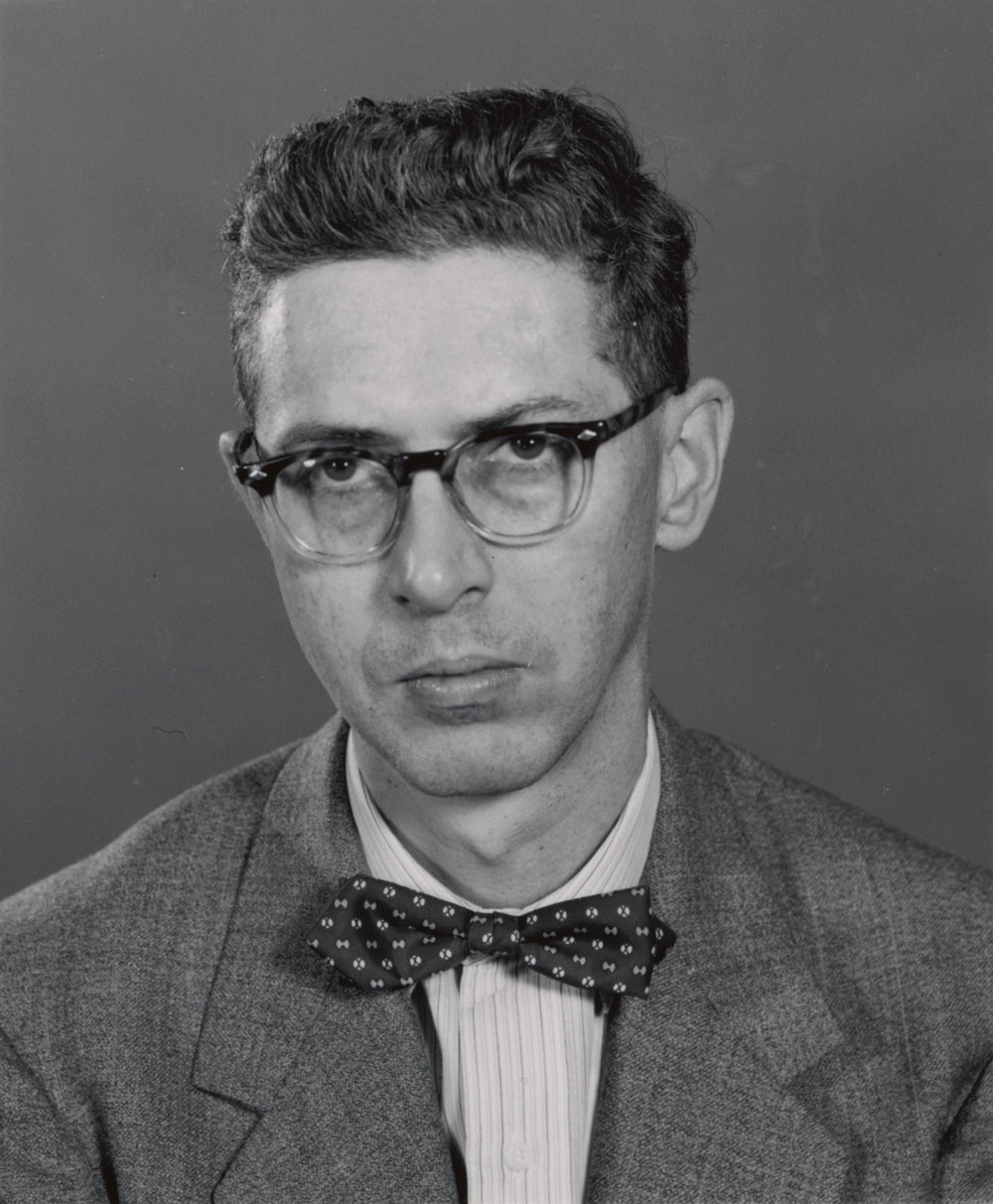
People
Birth of Inventor and Research Scientist John A. Hopps
Trained as an electrical engineer, John A. Hopps was recruited to design a cardiac pacemaker with a team of scientists at the Banting Institute in Toronto while he was working on another project at the National Research Council of Canada (NRC). This resulted in the invention of a portable artificial external pacemaker. The device marked a significant medical milestone and laid the groundwork for implantable pacemakers.
-
December 25, 1919
People
Birth of Paul David
Cardiologist Paul David, who was founder of the Montreal Institute of Cardiology which carried out the first heart transplant in Canada, was born at Montreal.
-
July 27, 1921

People Innovations
Banting and Best Isolate Insulin
Frederick Banting and Charles Best at the University of Toronto first isolated insulin. The first diabetes patient was treated on 11 January 1922. Banting and J.J.R. Macleod received the Nobel Prize for their achievement.
-
January 11, 1922

Innovations
First Treatment with Insulin
Leonard Thompson became the first person to be successfully treated with insulin, at Toronto General Hospital.
-
October 25, 1923

People
Banting and Macleod Win Nobel
The Nobel Prize for Medicine was awarded jointly to Frederick Banting and J.J.R. Macleod for the discovery of insulin.
-
January 01, 1936

Innovations
Maude Abbott’s Atlas of Congenital Cardiac Disease Is Published
Published by the American Heart Association in 1936, Maude Abbott’s Atlas of Congenital Cardiac Disease was a groundbreaking text in cardiac research. The life-saving publication helped doctors to better understand and diagnose heart defects and to develop new ways to treat them.
-
September 14, 1936
Women and Health
Birth Control Arrest
Dorothea Palmer, a nurse, was arrested in Eastview, Ont, for distributing information on birth control.
-
June 29, 1938
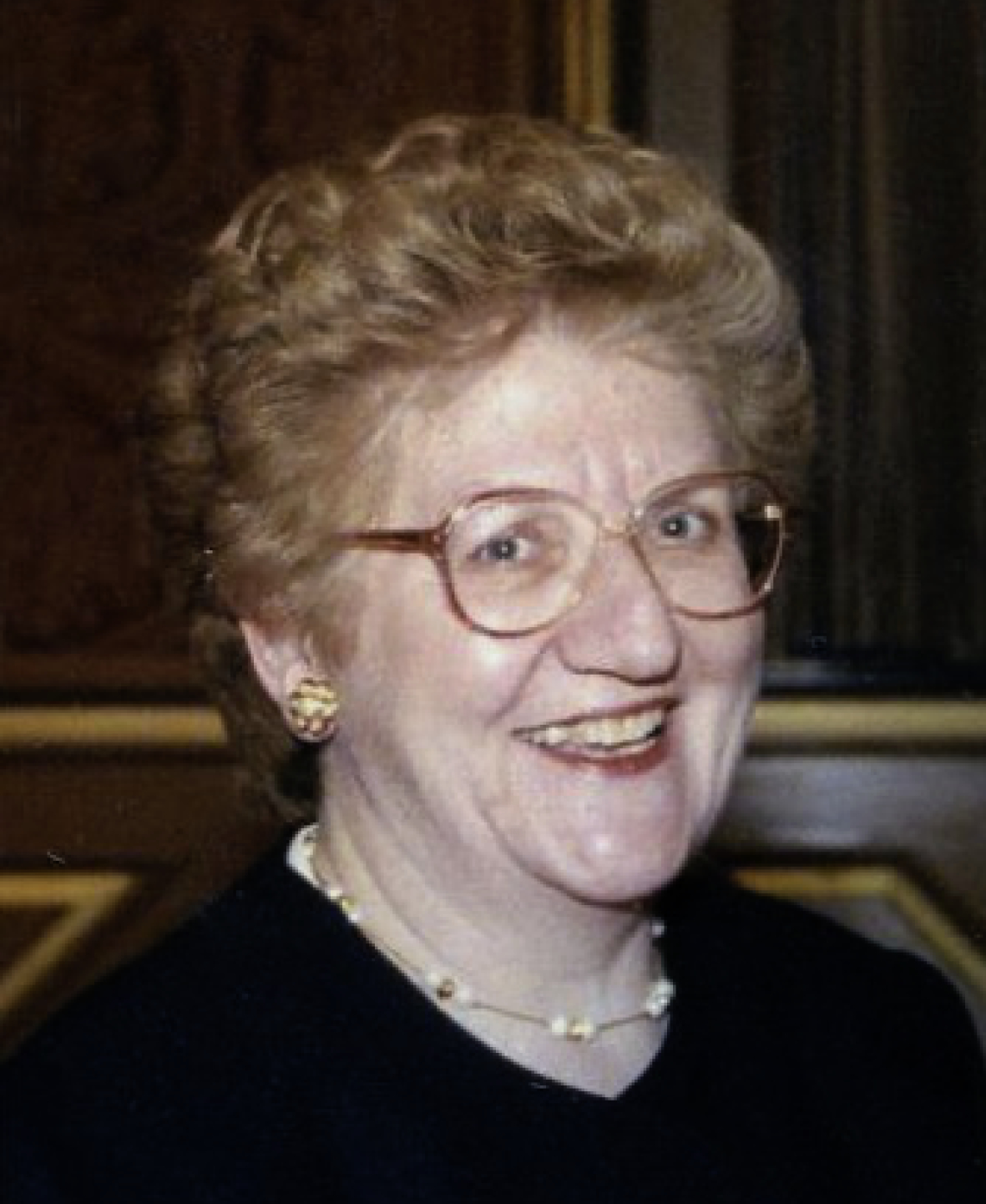
People Women and Health
Birth of Biochemist Annette Herscovics
Annette Herscovics was born in Paris, France, and immigrated to Canada following the Second World War. She later studied at McGill University and worked there for several years before moving to Harvard Medical School. She returned to McGill as a full professor in 1981 and became known for her pioneering work on glycoproteins. She discovered where and how these modifications occur in our cells — a key development in the field of glycobiology.
-
February 21, 1941

People
Death of Frederick Banting
Sir Frederick Banting died in a plane crash on his way to England.
-
December 04, 1945
People
Birth of Roberta Bondar
Astronaut Roberta Bondar, who was the first Canadian female astronaut in space, was born at Sault Ste Marie, Ont.
-
October 23, 1950

Innovations
Bigelow, Callaghan and Hopps Unveil the Portable Artificial External Pacemaker
Cardiac surgeon Dr. Wilfred Bigelow, research fellow Dr. John Carter Callaghan, and Dr. John A. Hopps of the National Research Council of Canada delivered their findings on their newly invented portable artificial external pacemaker to the American College of Surgeons in Boston. The device was designed to send electric pulses to the heart, causing the heart to contract and pump blood to the body. It marked a significant medical milestone and laid the groundwork for implantable pacemakers.
-
October 27, 1951

Innovations
Cobalt Therapy
Doctors at London, Ont, gave the first treatment for cancer using cobalt therapy in the world.
-
September 15, 1956

Innovations
Reports of Canada’s First Successful Open-Heart Surgery
Dr. John Carter Callaghan performed Canada’s first successful open-heart surgery on 10-year-old Susan Beattie, who had a hole in her heart. On 15 November 1956, the Edmonton Journal described the event as “the greatest single advance in heart surgery in recent years.” Callaghan was also known for co-developing the portable artificial pacemaker.
-
December 15, 1956
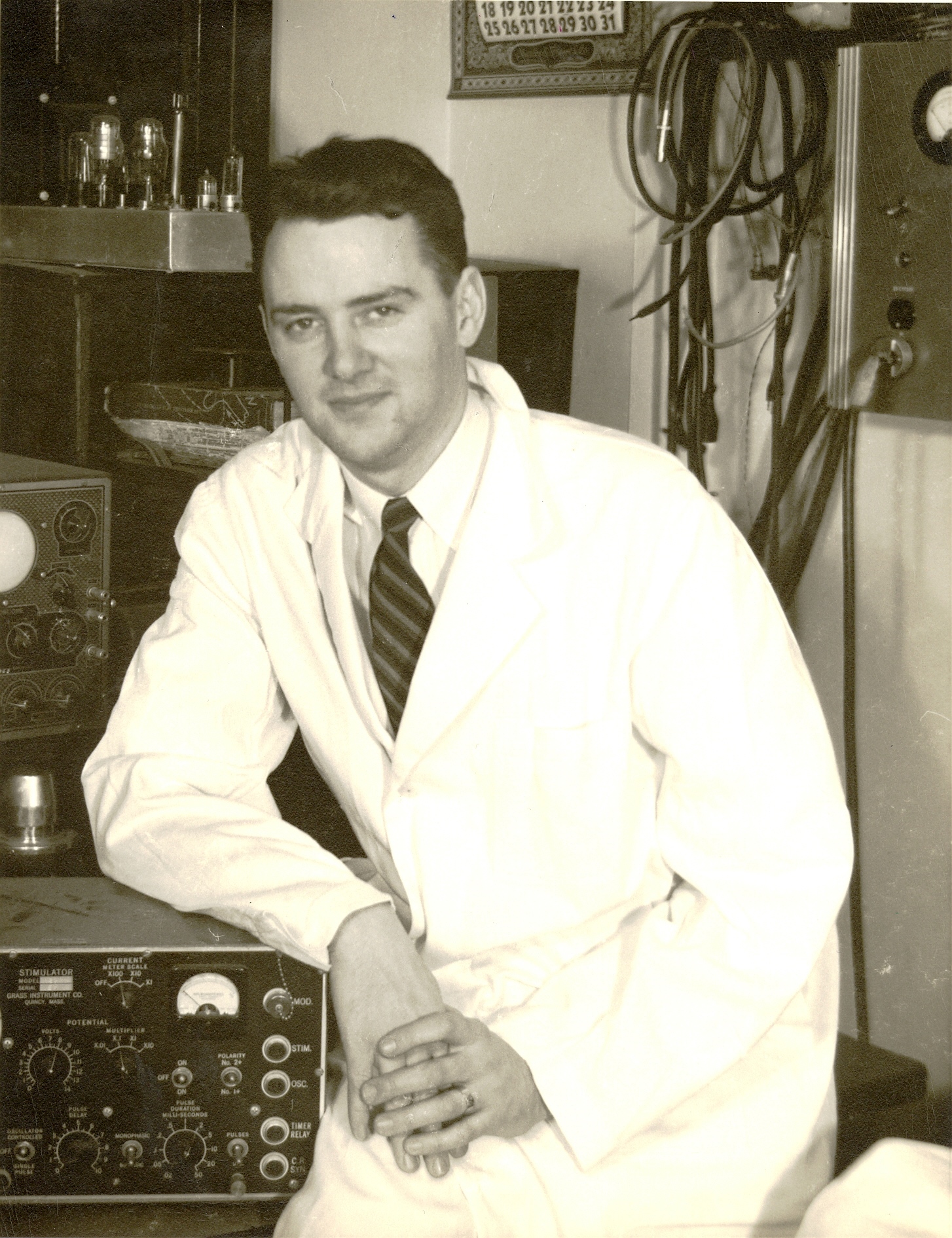
Innovations
Reports of Canada’s First Blue-Baby Operation
On 15 December 1956, the Edmonton Journal reported on a rare heart operation. An 18-month-old baby, Sherry Anderson, suffered from blue-baby syndrome, a condition that causes skin to look bluish due to a shortage of oxygen in the blood. Dr. John Carter Callaghan and his team performed an operation to fix this condition for the first time in Canada.
-
July 28, 1958

People
Birth of Terry Fox
"Marathon of Hope" runner Terry Fox, who inspired millions of people around the world and drew nationwide attention in his fund raising efforts for cancer research, was born at Winnipeg.
-
January 18, 1964

Indigenous History
Death of Irma Le Vasseur
Irma Le Vasseur, the first French Canadian female doctor, died in Québec City.
-
March 31, 1970

Epidemics, pandemics and diseases in Canada
Mercury Contamination
The federal government banned the sale and export of all perch and pickerel from Lake Erie because of mercury contamination of the fish.
-
June 05, 1980
Epidemics, pandemics and diseases in Canada
First AIDS-related Deaths
The US Centers for Disease Control reported 5 cases of pneumonia, which within a year were shown to be related to AIDS. By 1982, some 1600 cases had been reported worldwide.
-
September 13, 1981
People
First Terry Fox Run
The first Terry Fox Run was held, in more than 800 Canadian towns and cities. Today, millions of participants in dozens of countries take part in the run to raise money for cancer research, honouring the young Canadian who started it all with his Marathon of Hope in 1980.
-
January 05, 1982
People
Death of Elizabeth Bagshaw
Dr. Elizabeth Bagshaw, a tireless champion of women’s health and a family medicine pioneer, died at age 100 in Hamilton, ON. Entering the medical field when women were not welcome, Bagshaw was involved in the country’s first birth control clinic in the 1930s, providing education and services. The clinic became legal in 1969, after years of pressure on the government. Bagshaw retired at age 95 as the oldest practising doctor in Canada.
-
July 07, 1996
Epidemics, pandemics and diseases in Canada
AIDS Conference in Vancouver
More than 15 000 people met in Vancouver for the 11th conference on AIDS. Researchers reported evidence of significant gains in the treatment of the disease.
-
June 14, 1997
Epidemics, pandemics and diseases in Canada
Decline in AIDS Deaths Reported
The Center for Disease Control in the US reported the first-ever decline in AIDS deaths since the outbreak of the epidemic, a reduction of 19% since the same period in 1996.
-
February 02, 1998
Epidemics, pandemics and diseases in Canada
AIDS Deaths Reported Down
The death rate from AIDS in the United States was reported to have dropped by 44% in 1997 from the same period in 1996 as a result of drug therapy.
-
February 03, 1998
Epidemics, pandemics and diseases in Canada
Oldest AIDS Infection Discovered
The Research Center in New York reported the discovery of the oldest known case of HIV infection in a human, from a sample taken from a Bantu man in the Congo in 1959.
-
March 16, 1998
Epidemics, pandemics and diseases in Canada
Cancer on Decline
The American Cancer Society released a report showing a slight decline in the incidence of cancer, the first recorded decline since the 1930s.
-
November 02, 1999
Indigenous History
Compensation for Sterilization
The Alberta government announced that it would compensate 242 people who had been sterilized against their will as part of a policy of sterilizing mentally handicapped children from 1929 to 1972.
-
May 24, 2000

Epidemics, pandemics and diseases in Canada
E. Coli Outbreak
A lethal strain of E. Coli bacterium killed a child and 3 adults in Walkerton, Ont. By June 1, 5 more had died and 1000 had been made ill from the tainted drinking water.
-
May 20, 2003

Epidemics, pandemics and diseases in Canada
Mad-cow Disease Hits Canada
Mad-cow disease (bovine spongiform encephalopathy) was discovered in a northern Alberta farm, threatening the $7.6 billion beef industry.
-
October 29, 2007
Organizations
Terry Fox Research Institute Established
The institute, located in Vancouver, “invests in world-class, collaborative cancer research teams and partnerships.”
-
April 26, 2009
Epidemics, pandemics and diseases in Canada
H1N1 Flu Reaches Canada
The first cases of H1N1 flu, or "swine flu," were reported in Canada. Thought to have originated in Mexico one month earlier, the flu is a combination of swine, avian and human Influenza A viruses. Deaths were recorded in several countries and the spread of the virus was declared a pandemic by the WHO on June 11.
-
October 26, 2009
Epidemics, pandemics and diseases in Canada
H1N1 Vaccination Campaign Begins
Clinics across Canada opened their doors for the largest vaccination campaign in Canadian history. High-risk populations such as young children, the immunocompromised and pregnant women were advised to receive the vaccine first. Despite encouragement from public health officials, the campaign began with mixed response from the public, with just over half of Canadians indicating that they intended to be immunized.
-
September 30, 2011
Addiction and mental health
Top Court Defends Safe Injection Sites
In a landmark decision, the Supreme Court of Canada barred the federal government from closing Insite, a safe injection facility in Vancouver. Maintaining that such services play a crucial role in treating drug addiction and saving lives, the court decided that the benefit to public health outweighed the government's concerns surrounding the sanctioned use of illegal substances.
-
March 22, 2012
Organizations
Canadian Medical Hall of Fame Induction
Terry Fox becomes the youngest person ever inducted into the Canadian Medical Hall of Fame. He is inducted in the Builder category for his efforts in raising money for cancer research.
-
November 28, 2014
People
Terry Fox Day Declared in BC
The government of British Columbia declares the second Sunday after Labour Day every year to be Terry Fox Day. In 2015, the same day is declared Terry Fox Day in Ontario, while Manitoba begins recognizing it on the first Monday in August.
-
February 06, 2015

Politics
Supreme Court Rules Against Ban on Assisted Suicide
In a historic decision on an emotionally charged issue, the Supreme Court of Canada ruled that competent adults suffering from enduring and "irremediable" medical conditions should have the right to doctor-assisted suicide. The unanimous ruling gave Parliament one year to change the existing laws.
-
May 17, 2016

Politics
Liberals Table Transgender Rights Bill
On the International Day Against Homophobia, Transphobia and Biphobia, Liberal justice minister Jody Wilson-Raybould introduced legislation to protect the rights of transgender Canadians. If passed, the bill would make it illegal to deny someone a job or discriminate against them in the workplace based on their gender identity or expression. The Criminal Code would also be updated to protect transgender individuals from being targeted by hate propaganda and hate crimes.
-
June 17, 2016
Politics
Assisted Dying Bill Passed
The Senate passed a new law allowing physician-assisted dying for terminally ill patients who are suffering and whose death is “reasonably foreseeable.” The creation of the law, which spurred intense debate among Canada’s parliamentarians and senators, was prompted by a 2015 Supreme Court of Canada decision that ended the ban on assisted suicide.
-
June 29, 2016
Politics
Ontario issues non-gendered identification
The Government of Ontario announced that as of 2017, drivers have the option to display an “X” (for unspecified) on their driver’s licences. Additionally, “F” and “M” markers have now been removed from all new provincially-issued health cards. The government wishes “to ensure the fair, ethical and equitable treatment of people with trans and non-binary gender identity.”
-
December 21, 2016

Indigenous History
Québec Announces Inquiry into Treatment of Indigenous People
After months of public pressure led by Indigenous leaders, Québec premier Philippe Couillard announced that the province would undertake a public inquiry into systemic discrimination toward Indigenous people. Calls for the inquiry grew in the wake of an October 2015 Radio-Canada investigation into the mistreatment and abuse of Indigenous women by police officers in Val-d’Or.
-
April 27, 2017
Politics
First Canadian to be issued identification card without gender marker
Searyl Atli Doty, a child from British Columbia, became the first Canadian to be issued an identification card without a gender marker. Instead of an “F” (female) or “M” (male), Doty’s health card is marked with a “U” for undetermined or unassigned. Doty’s parent, Kori Doty, requested that gender be withheld from the child’s birth certificate — a request that was previously denied by the government. Doty’s case is currently under review by the British Columbia Human Rights Tribunal.
-
May 18, 2017

Addiction and mental health
Law Changes to Address Opioid Crisis
Bill C-37, An Act to amend the Controlled Drugs and Substances Act and to make related amendments to other Acts, received Royal Assent and became federal law. Presented by health minister Jane Philpott, the bill aimed to combat Canada’s opioid crisis, an epidemic of addiction to painkiller drugs such as fentanyl and oxycodone. Among other changes, it simplified the process for opening supervised consumption sites, made it harder to import drug-making equipment such as pill presses and allowed border officers to open mail weighing 30 grams or less.
-
May 18, 2017
People
Death of Michael Bliss
Historian Michael Bliss died in Toronto, Ontario. One of Canada’s leading historians, Bliss wrote numerous prize-winning books on Canadian and medical history, including The Discovery of Insulin and William Osler: A Life in Medicine. He received many career honours, including the Order of Canada, honorary degrees from six universities and honorary fellowship in the Royal College of Physicians and Surgeons of Canada. For many years he was in demand as a lecturer, speaker and public intellectual in North America and Europe.
-
August 31, 2017
Politics
Gender X becomes option on official Canadian documents
Canadians can now choose to have an “X” (for unspecified) on their official documents. This measure aims to make it easier to obtain passports and travel and immigration documents that better reflect an individual’s gender identity or expression.
-
October 17, 2018

Addiction and mental health
First Legal Sale of Non-Medical Cannabis in Canada
Ian Power of St. John’s, Newfoundland, became the first person to legally purchase recreational marijuana in Canada. Canopy Growth Corp. CEO Bruce Linton sold Power his product at the Tweed retail shop on Water Street a few seconds after midnight. Sales were brisk on the first day of legalization, with more than 10,000 sales in British Columbia and over 100,000 in Ontario.
-
November 18, 2018

Organizations
University of New Brunswick Hires World’s First Research Chair in Cannabis Health
Plant biochemist Yang Qu, a specialist in developing anti-cancer medications, was named Canada’s first academic research chair in cannabis health by the University of New Brunswick. The position will straddle the departments of chemistry and chemical engineering and is believed to be the first of its kind in the world.
-
February 27, 2019
Epidemics, pandemics and diseases in Canada
15 Cases Reported in Vancouver Measles Outbreak
Two more measles cases were confirmed to have originated at two francophone public schools in Vancouver, bringing the total in that cluster to 12. An additional three cases were reported to have been contracted in Asia. BC Health Minister Adrian Dix said that children at public and private schools would be required to show proof of immunization against measles and other diseases beginning in September. Immunization rates at Vancouver public schools were shown to be well below the 90 per cent rate needed to ensure “herd immunity.” (See also Vaccination Rates are Plummeting.)
-
June 13, 2019

Addiction and mental health
An Opioid Death Happened Every Two Hours in 2018, Government Study Finds
New data released by the federal government revealed that 4,460 Canadians died in 2018 because of opioids, an average of one person every two hours. The total was an increase from 4,100 in 2017 and 3,017 in 2016, indicating that Canada’s opioid crisis is only getting worse. (See also: Medical Drug Abuse.)
-
August 09, 2019

Addiction and mental health
Inuk Woman Completes Cross-Canada Bike Trip for Suicide Awareness
Hannah Tooktoo, an Inuk mother from Nunavik, Quebec, completed a 55-day bicycle journey from Victoria to Montreal to bring awareness to the crisis of suicide among Indigenous people in Canada. Tooktoo raised more than $22,000 from online donations. According to Statistics Canada, suicide rates among Indigenous people between 2011 and 2016 were three times higher than among non-Indigenous Canadians.
-
August 25, 2019

Addiction and mental health
Air Pollution Could Increase Rates of Mental Health Issues, Study Finds
An international study published in the open-source journal PLOS Biology found a correlation between high levels of air pollution and higher rates of biploar disorder and depression. (See also: Mental Health.) Examining data from the United States and Denmark, the researchers found that geographic areas with the worst air quality were associated with a 29 per cent increase in rates of bipolar disorder, a 148 per cent increase in schizophrenia and a 50 per cent increase in cases of depression.
-
September 04, 2019
.jpg)
Addiction and mental health
Health Canada Warns of Dangers Linked to E-Cigarettes
Health Canada issued a second warning about the potential dangers of vaping e-cigarettes after two people died in the United States. Hundreds of others have contracted lung disorders. Dr. Nicholas Chadi, a spokesperson for the Canadian Paediatrics Society, said “We’re getting a strong message from the US that we need to be careful about vaping devices and aerosols that come from those devices. We’re still looking for answers, we don’t really know what might be causing these people to get ill, but we do know there are known harms associated with using electronic cigarettes.”
-
September 11, 2019

Politics
Quebec Superior Court Rules Parts of MAID Laws are Unconstitutional
A Quebec Superior Court judge ruled that both federal and provincial laws governing medical assistance in dying (MAID) are unconstitutional. Since the assistance is only available to people facing “reasonably foreseeable death,” the laws were deemed too restrictive. Justice Christine Baudouin ruled that the laws violate Section 7 of the Charter of Rights and Freedoms, as well as the right to equality, because “The reasonably foreseeable natural death requirement deprives both individuals and claimants of their autonomy and their choice to end their lives at the time and in the manner desired.” Both governments were given six months to revise the law.
-
November 12, 2019

Epidemics, pandemics and diseases in Canada
Study Warns of Antibiotic-Resistant Superbugs
A study conducted by the Council of Canadian Academies concluded that the number of bacterial infections that are resistant to treatment will likely grow from 26 per cent in 2018 to 40 percent by 2050. The report estimates that, over the next 30 years, around 400,000 people will die from these superbugs at a cost to the economy of about $400 billion. The chair of the panel that produced the report, UBC microbiology professor Brett Finlay, said, “This is almost as big, if not bigger, than climate change in a sense because this is directly impacting people. The numbers are just staggering. It’s time to do something now.”
-
January 07, 2020

Epidemics, pandemics and diseases in Canada
Health Canada Issues First Warning Regarding “Mysterious Pneumonia”
The Public Health Agency of Canada issued its first warning about a mysterious and deadly viral illness, which had first been reported a week prior in Wuhan, China. Dr. Theresa Tam, Canada’s chief public health officer, said, “Right now we are monitoring the situation very carefully. It is worth maintaining vigilance.” Canadian travellers to Wuhan were advised to avoid “high-risk areas” such as farms and animal markets.
-
January 13, 2020
Politics
Ottawa Begins Public Consultations on MAID Law
In response to a Superior Court of Quebec ruling in September 2019 that it is unconstitutional to limit medical assistance in dying (MAID) to people facing a “reasonably foreseeable” natural death, the Trudeau government began a two-week consultation period to determine the new stipulations of the law. It had until 11 March 2020 to amend the legislation.
-
January 20, 2020
Epidemics, pandemics and diseases in Canada
First COVID-19 in Canada at Toronto’s Sunnybrook Hospital
Canada’s first case of “a new coronavirus” was reported at Sunnybrook Hospital in Toronto. The patient in question arrived in Toronto on a flight from Guangzhou, China, on 22 January, after previously being in Wuhan. Meanwhile, more than 100 Canadians were seeking the federal government’s help to leave China.
-
April 09, 2021
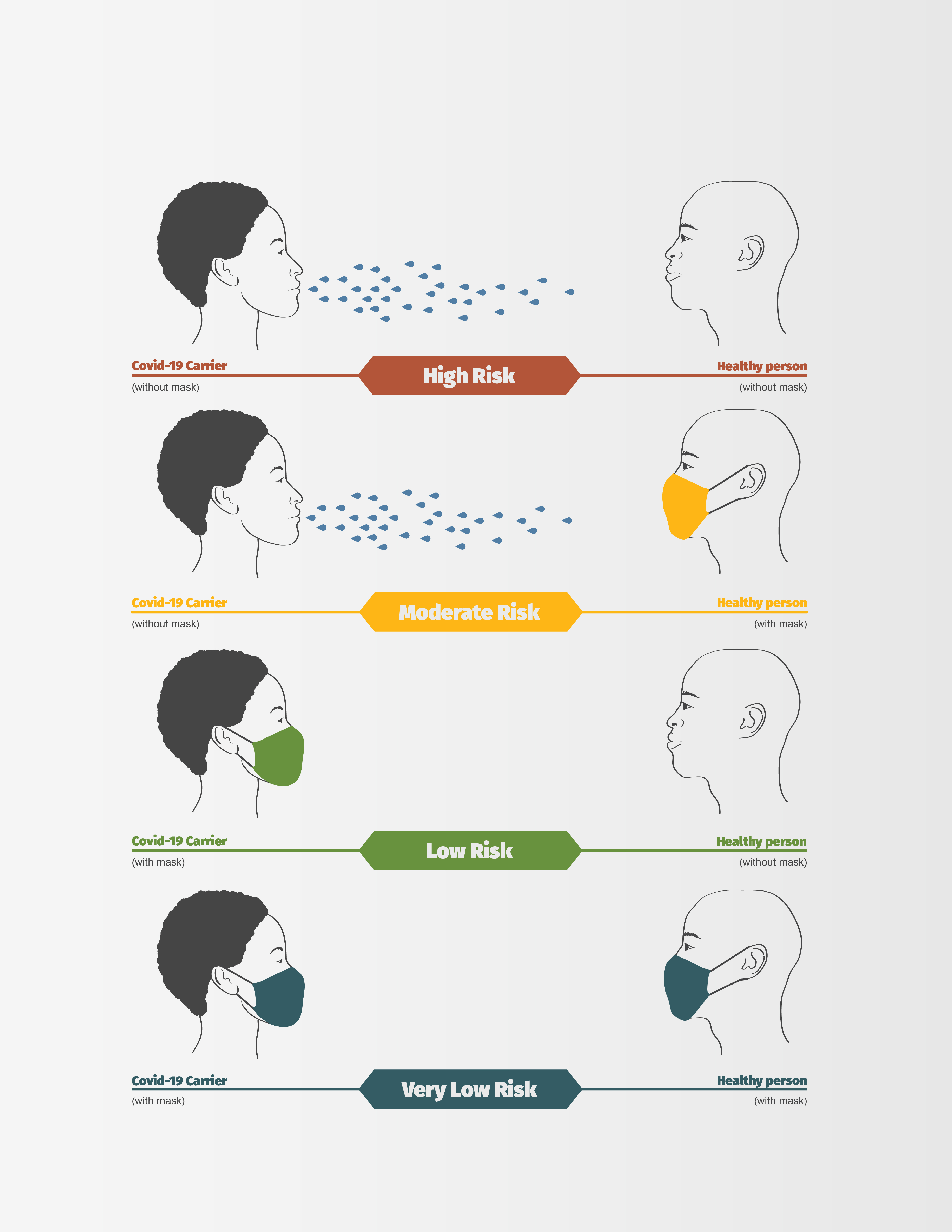
Epidemics, pandemics and diseases in Canada
Canada Outpaces US in New COVID-19 Cases Amid Third Wave
For the first time in the pandemic, the rolling seven-day average number of new cases in Canada (206.84 cases per million people) surpassed that of the United States (203.81 cases per million people). The third wave was hitting hardest in Ontario, which reported a record-high 4,456 new COVID-19 cases. In more positive news, COVID-19 was proving to be less deadly than it had been a year earlier.
-
April 14, 2021
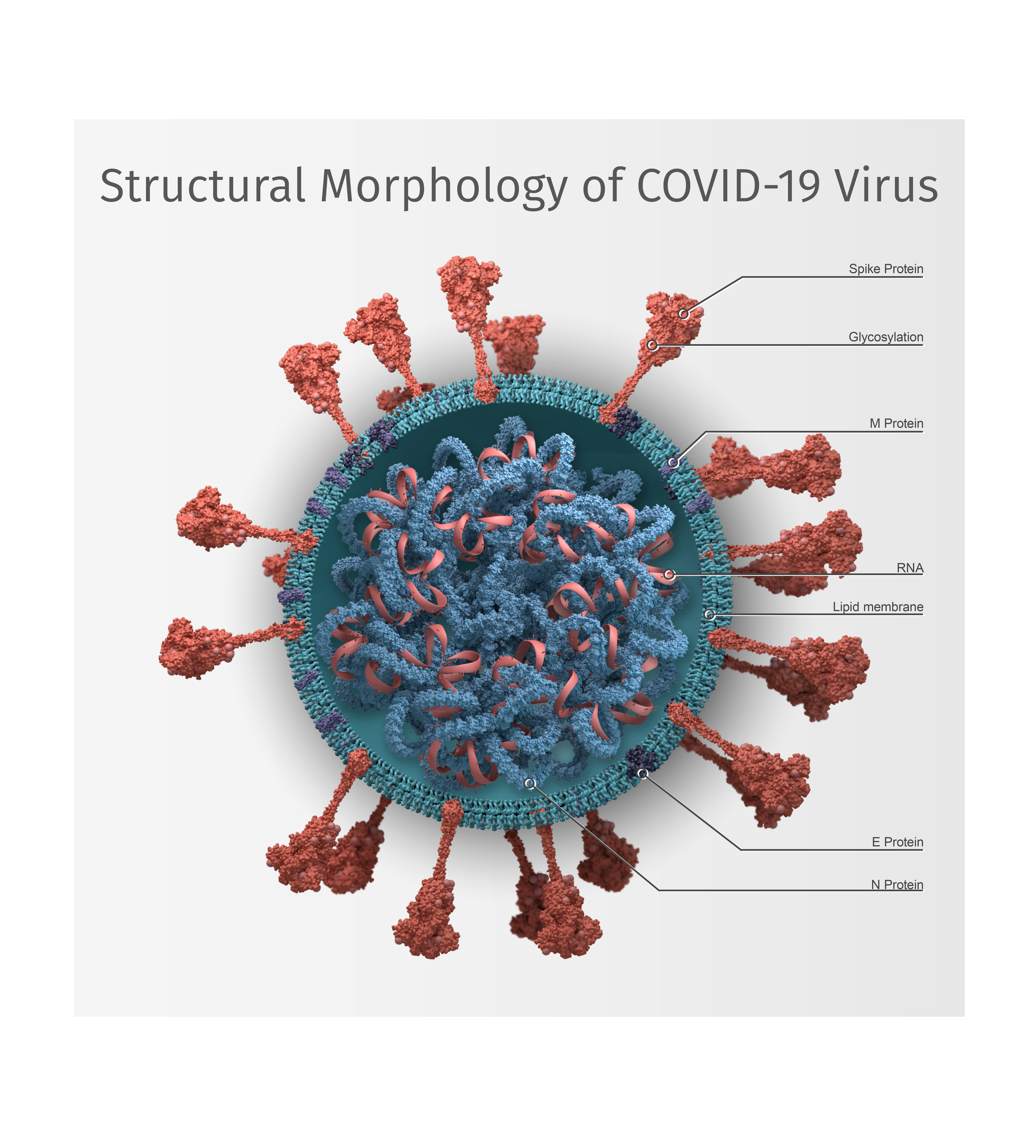
Epidemics, pandemics and diseases in Canada
7-Day Average of New Cases at Highest Point in Pandemic
Canada had its worst week yet for new COVID-19 cases. The rolling seven-day average hit 8,444.7 cases. Hospitals in Ontario and Quebec were being pushed to their breaking points, while British Columbia broke a record for the number of hospitalizations.
-
April 15, 2021

Epidemics, pandemics and diseases in Canada
Canada Sets New Daily Record for COVID-19 Cases
Canada recorded 9,559 new COVID-19 infections — the most in a single day during the pandemic. Ontario set a record of its own with 4,736 new daily cases.
-
May 01, 2021

Epidemics, pandemics and diseases in Canada
Alberta has Highest Per-capita COVID-19 Cases in Canada
For the third day in a row, Alberta set a record for new daily COVID-19 cases, with 2,433. With a seven-day rolling average of 440.5 daily cases per million people, Alberta had the highest per capita infection rate in Canada. It was also higher than any state in the US.
-
May 11, 2021
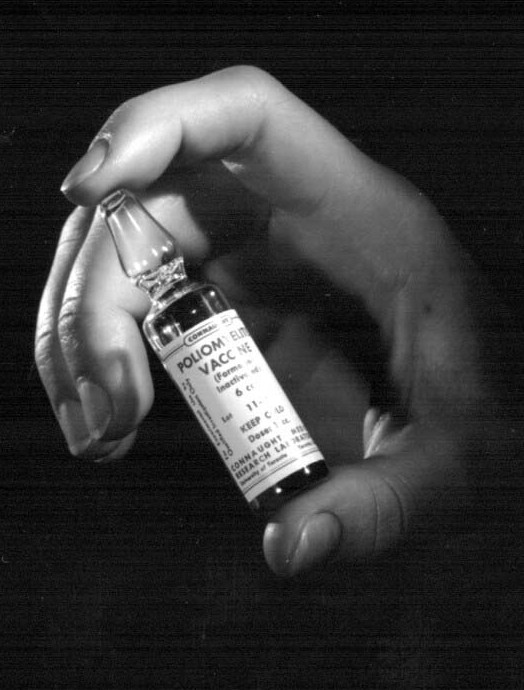
Epidemics, pandemics and diseases in Canada
Ontario Pauses Use of AstraZeneca Vaccine
Ontario announced that it would be pausing the use of the AstraZeneca vaccine due to concerns over a rare but potentially fatal blood clotting disorder caused by the vaccine. As of 8 May, more than 900,000 shots of the vaccine had been given in the province. There had been eight cases of the disorder in Ontario and at least four more in the rest of the country. Three people had died.
-
June 06, 2021

Epidemics, pandemics and diseases in Canada
Provinces Record Fewest New COVID-19 Cases Since Autumn 2020
For the first time since September 2020, Quebec reported no new deaths and only 179 new infections of COVID-19. The 663 new cases in Ontario marked the fewest in that province since 18 October 2020. Nova Scotia reported only 12 new cases while the rest of Atlantic Canada had fewer than 10.
-
June 27, 2021
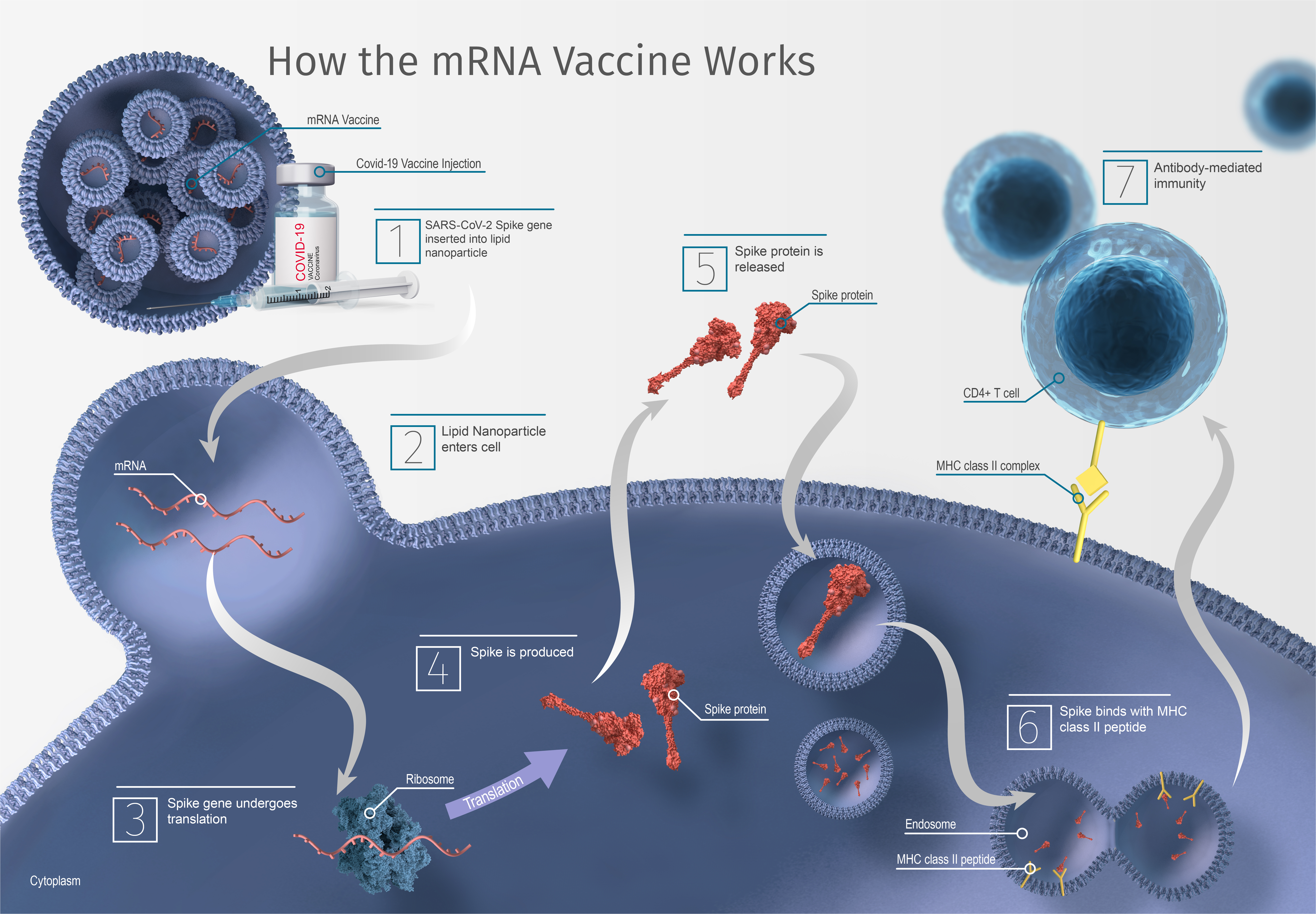
Epidemics, pandemics and diseases in Canada
Canada Sets Record For Daily Vaccination Doses
A total of 26,771 doses of COVID-19 vaccine — 978 first doses and 25,793 second doses — were administered at a temporary mass immunization clinic set up at Toronto’s Scotiabank Arena. The number of vaccinations set Canadian and North American records, and possibly a world record. Toronto mayor John Tory proclaimed the day as Toronto Vaccine Day.
-
July 05, 2021

Epidemics, pandemics and diseases in Canada
Quarantine Restrictions Eased for Fully Vaccinated People
Travellers coming into Canada were no longer required to quarantine for 14 days or to spend three days at a hotel, so long as they were fully vaccinated against COVID-19.
-
July 17, 2021

Epidemics, pandemics and diseases in Canada
Canada Surpasses US in Full Vaccinations Per Capita
Although its vaccine rollout program was initially much slower than those in other developed countries, Canada surged ahead to surpass the United States in full vaccinations, with 48.8 per cent of Canadians having received two doses compared to 48.1 per cent in the US.
-
July 28, 2021

Epidemics, pandemics and diseases in Canada
Alberta Announces New COVID-19 Policies
Though there had been a sharp rise in COVID-19 cases in Alberta since the province lifted most public health restrictions on 1 July, Alberta’s chief medical officer of health, Dr. Deena Hinshaw, announced a further loosening of restrictions. With 65 per cent of eligible Albertans fully vaccinated against COVID-19, health minister Tyler Shandro said that lifting many remaining restrictions was “the inevitable next step.” However, many were critical of the move. Noel Gibney, a professor emeritus at the University of Alberta, said that it went “against all basic principles of public health” and made “absolutely no medical sense.”
-
August 11, 2021

Epidemics, pandemics and diseases in Canada
Canada Enters Fourth Wave as COVID-19 Cases Rise
Canada’s chief public health officer, Dr. Theresa Tam, announced that “a fourth wave is underway in Canada and that cases are plotting along a strong resurgence trajectory.” The seven-day average for new cases of COVID-19 increased to nearly 1,300 (a 60 per cent increase from the week before) and the total number of active cases (more than 13,000) had more than doubled since late July. Dr. Fahad Razak, a physician at St. Michael’s Hospital in Toronto, said that “from mid-July to mid-August, there’s been a four-fold increase [in cases].” He added that the Delta variant of the virus was far more infectious and was leading to “really explosive growth.”
-
August 31, 2021

Addiction and mental health
More Than 1,000 Deaths from Drug Toxicity in BC So Far This Year
Five years since being declared a public health emergency by the BC government, the opioid crisis in the province showed no signs of relenting. A report from the BC Coroners Service found that in February 2021, BC’s illicit drug toxicity death rate was an average of 5.5 deaths per day and the number of deaths per 100,000 people due to illicit drug toxicity was the highest since 1995.
-
September 15, 2021

Epidemics, pandemics and diseases in Canada
Alberta Declares State of Emergency Due to COVID Spread
With more than 18,000 active COVID-19 cases — the most of any province — Alberta premier Jason Kenney declared a state of public health emergency. The number of ICU admissions (212) set a pandemic record in Canada. About 90 per cent of ICU patients were unvaccinated. By 30 September, the province had 247 COVID cases in ICU. It then began to receive emergency medical staff from the Red Cross, the Canadian Armed Forces, and Newfoundland and Labrador.
-
November 01, 2021

Epidemics, pandemics and diseases in Canada
Global COVID-19 Death Toll Tops Five Million
Less than two years after the first case of COVID-19 was reported in Wuhan, China, the global death toll from COVID-19 surpassed 5 million.
-
November 19, 2021

Epidemics, pandemics and diseases in Canada
Health Canada Approves COVID-19 Vaccines for Children Aged 5–11
Health Canada approved the COVID-19 vaccine for children aged 5–11. The federal government was expecting a delivery of 2.9 million pediatric doses, enough to give a first shot to every Canadian in that age group. Provincial governments noted that they were ready to begin administering the shots as soon as the vaccines were delivered.
-
November 28, 2021

Epidemics, pandemics and diseases in Canada
First Cases of Omicron Variant in Canada
Two people who returned to Ottawa from a trip to Nigeria became the first in Canada to test positive for the Omicron variant of COVID-19, two days after it was declared a variant of concern by the World Health Organization (WHO). The Omicron variant was reportedly four times more infectious than the already highly contagious Delta variant that had led to a fourth wave of COVID-19 in much of the country. Early reports out of South Africa, where Omicron was first identified, were that it was highly transmissible but less severe than previous strains.
-
December 21, 2021

Epidemics, pandemics and diseases in Canada
Provinces Reinstate Public Restrictions amid Omicron Surge
Provinces and territories across the country reintroduced capacity limits and other public health measures to try to curb the spread of the Omicron variant of COVID-19. Though a fully vaccinated person had 70 per cent protection against symptomatic infection from the Delta variant, that protection fell to only 30 per cent with Omicron. Quebec reported a new single-day record of 4,571 infections.
-
December 25, 2021

Epidemics, pandemics and diseases in Canada
Ontario Breaks Daily Infection Record amid Omicron Surge
Ontario recorded 10,412 new cases of COVID-19 after having 4,177 a week earlier. Dr. Abdu Sharkawy, an infectious disease expert with the University Health Network in Toronto, said that the real number was likely much higher than reported. As the Omicron wave surged across the country, there were concerns that health care systems could be overwhelmed.
-
December 27, 2021

Epidemics, pandemics and diseases in Canada
Number of COVID-19 Cases in Canada Surpasses 2 Million
As the surge in COVID-19 cases set records across the country, Canada surpassed the 2 million mark in COVID-19 infections. To date, 1,836,475 people had recovered from COVID and 30,172 had died.
-
January 23, 2022

Epidemics, pandemics and diseases in Canada
Pandemic Lockdowns Have Led to Increase in Intimate Partner Violence, Experts Say
Experts on intimate partner violence released a study, which found that pandemic-related public health restrictions were giving abusers “circumstances to increase their capacity to control and to manipulate.” The study also argued that previously non-violent people were becoming increasingly abusive due to the stress and tension brought about by the pandemic. There was a massive increase in phone calls to support groups and help lines, with one Toronto-based organization reporting a 9,000 per cent increase from pre-pandemic levels.
-
January 28, 2022

Epidemics, pandemics and diseases in Canada
“Freedom Convoy” Arrives in Ottawa and Begins Occupation of Capital
Convoys of truckers, which had been making their way to Ottawa from Western and Eastern Canada, finally arrived in Canada’s capital to protest public health mandates and restrictions. The convoys were cheered by supporters across the country, many of whom greeted them along highway overpasses. However, the protest’s stated goal of unseating Prime Minister Justin Trudeau and overthrowing the government left many Canadians uneasy and brought to mind the insurrection at the US Capitol on 6 January 2021 — as did the presence of Confederate and Nazi flags among the protesters. With 85 per cent of Canadians vaccinated, including about 90 per cent of all truckers, the protest was seen as a far-right fringe movement. Observers noted that online rhetoric surrounding the protest had grown “increasingly worrisome.” Similar Freedom Convoy protests formed blockades at a border crossing in Coutts, Alberta, and at the Ambassador Bridge between Windsor, Ontario, and Detroit, Michigan, on 29 January and 7 February, respectively.


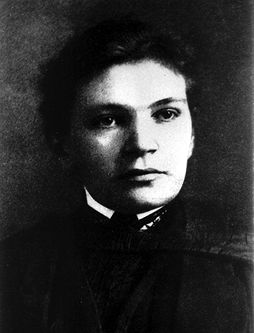



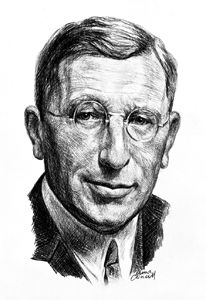














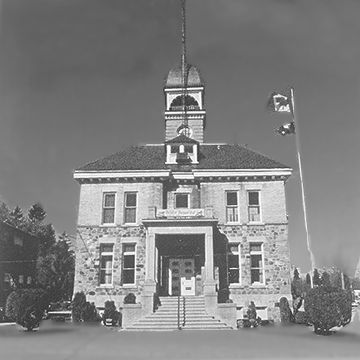





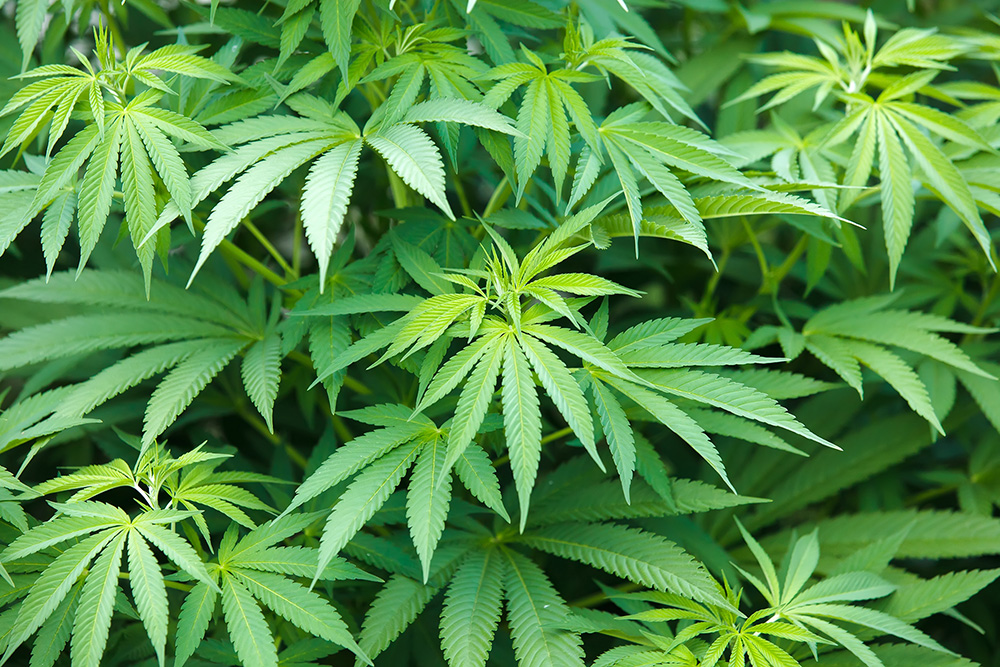
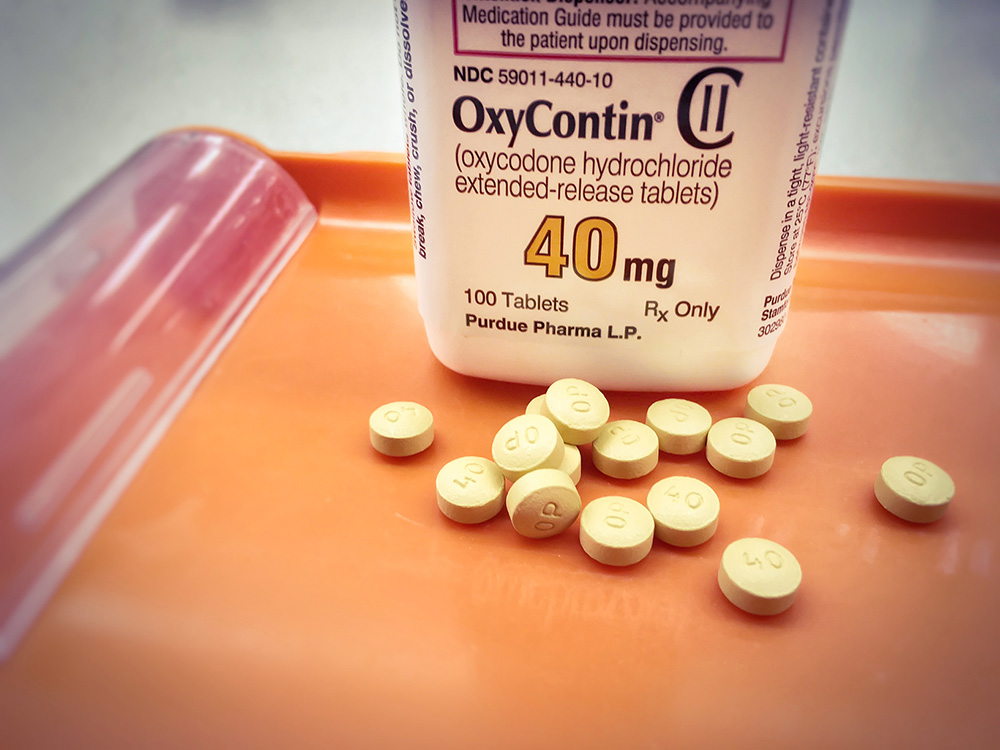
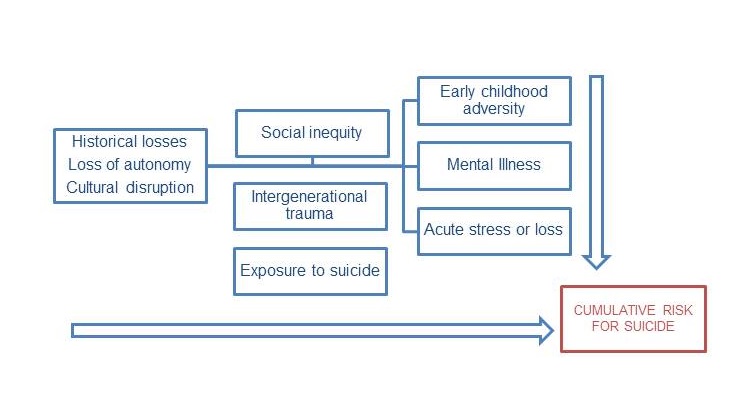
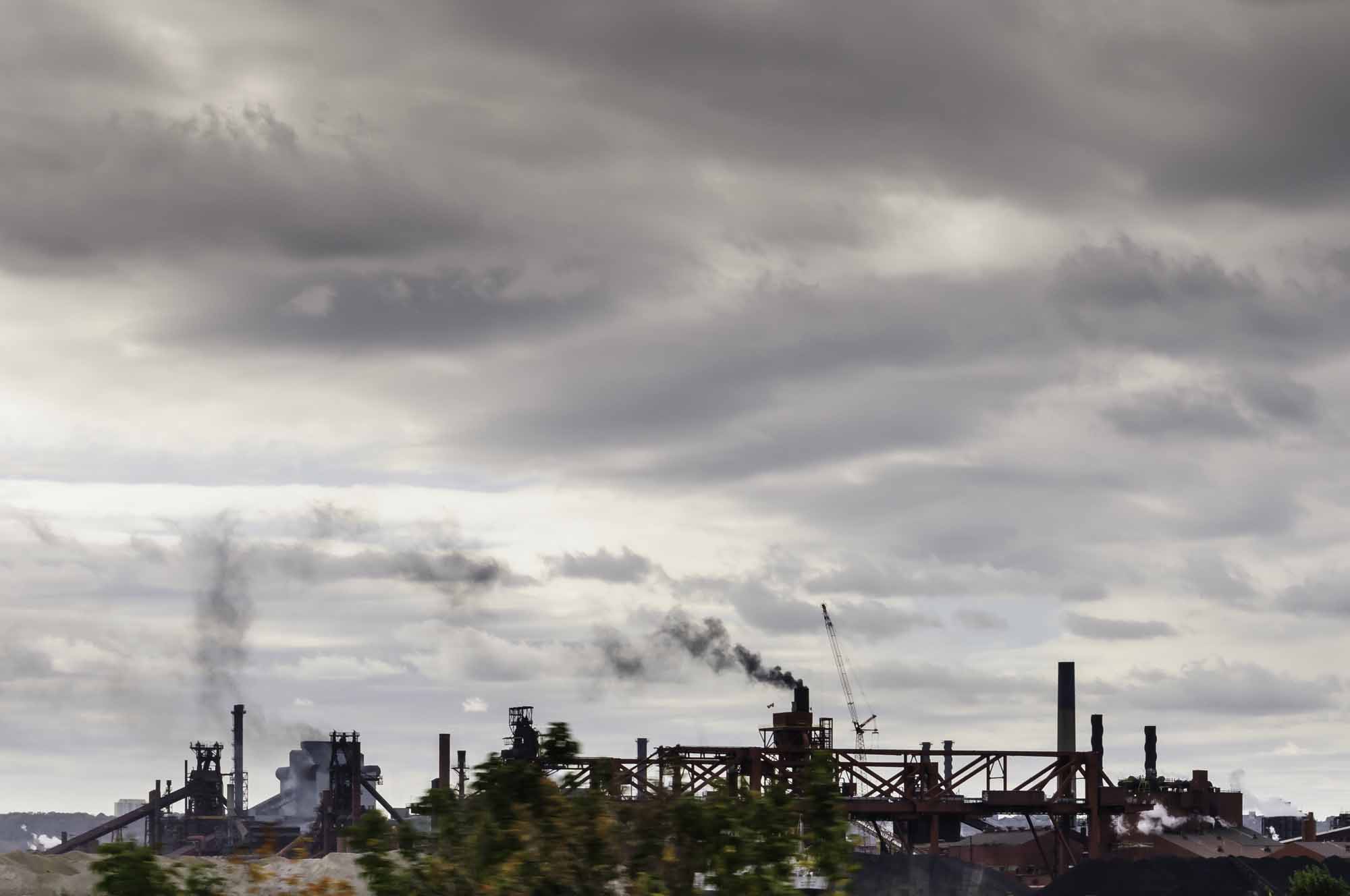
.jpg)










